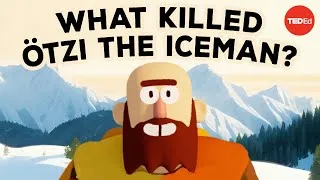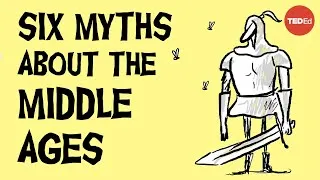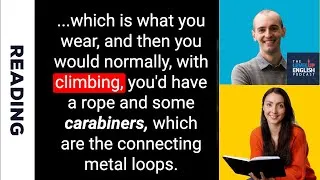Toista video kaksoisnapsauttamalla alla olevaa englanninkielistä tekstitystä.
New videos
Tällä sivustolla esitellään YouTube-videoita, jotka ovat hyödyllisiä englannin oppimisessa. Näet englannin oppitunteja, joita opettavat huippuluokan opettajat ympäri maailmaa. Kaksoisnapsauta kullakin videosivulla näkyvää englanninkielistä tekstitystä, niin voit toistaa videon sieltä. Tekstitykset vierivät synkronoidusti videon toiston kanssa. Jos sinulla on kommentteja tai toiveita, ota meihin yhteyttä käyttämällä tätä yhteydenottolomaketta.







